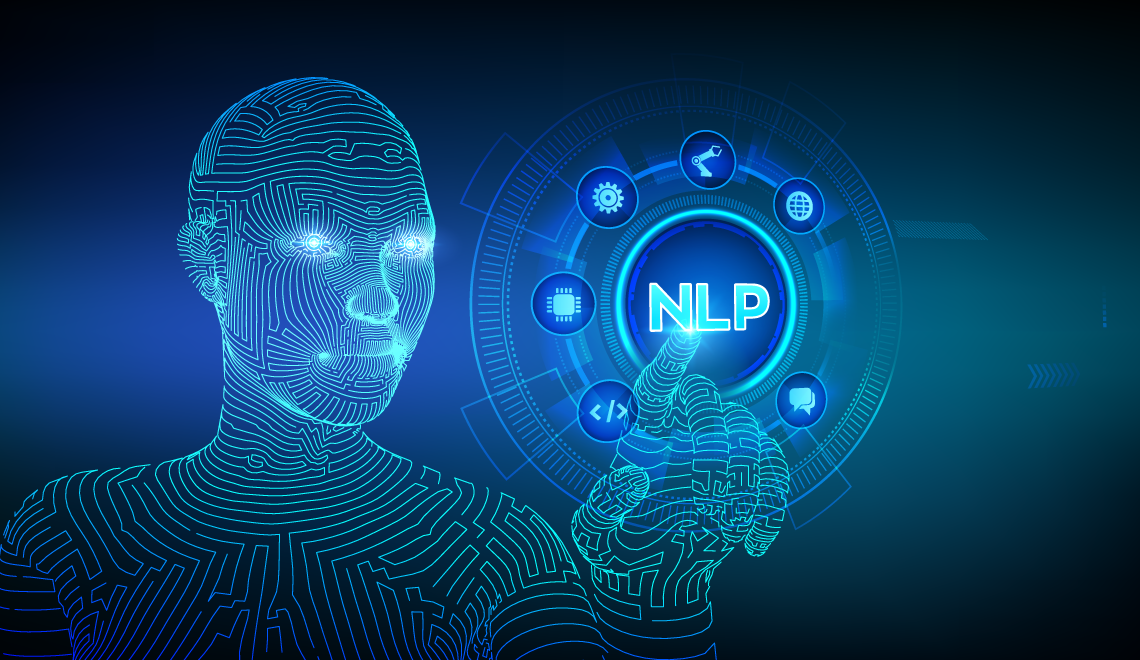
AI’s Giant Leap in Natural Language ProcessingAI’s Giant Leap in Natural Language Processing Natural Language Processing (NLP) has emerged as a critical frontier in artificial intelligence research, enabling computers to understand, interpret, and generate human-like text. In recent years, AI has made significant advancements in NLP, leading to a paradigm shift in how we interact with technology. Enhanced Natural Language Understanding AI models have become adept at extracting meaning from text by leveraging deep learning techniques. They can now identify entity types, classify sentiment, summarize documents, and answer complex questions with remarkable accuracy. This has revolutionized search engines, customer service chatbots, and medical diagnosis tools. Conversational AI AI has enabled the development of virtual assistants that can engage in natural and fluid conversations with humans. These assistants can understand user intent, respond appropriately to questions, and perform tasks such as booking appointments or scheduling meetings. This has led to improved customer experiences and increased productivity in the workplace. Machine Translation Machine translation systems have traditionally struggled to capture the nuances and cultural contexts of different languages. However, AI has introduced neural machine translation models that can deliver high-quality translations while preserving the meaning and style of the original text. This has opened up global communication channels and facilitated cross-language collaboration. Text Generation AI models can now generate coherent and grammatically correct text that is nearly indistinguishable from human writing. They have been used to write news articles, create stories, and generate marketing content. This capability has the potential to transform content creation and automation processes. Ethical Considerations As AI’s capabilities in NLP continue to grow, so too do ethical concerns. It is crucial to address issues such as bias in model training data, potential misuse of AI-generated text, and the impact on human creativity and employment. Future Prospects The future of AI in NLP is incredibly promising. Researchers are exploring novel architectures, such as transformer neural networks, to further enhance models’ understanding of context and ability to generate language. Additionally, there is increasing attention on multilingual and low-resource NLP, to address language diversity and data scarcity challenges. Conclusion AI’s giant leap in NLP has unlocked new possibilities for human-computer interaction, enhanced content creation, and improved decision-making. As the field continues to evolve, it is essential to navigate these advancements responsibly and ensure that they benefit society as a whole.
Posted inNews